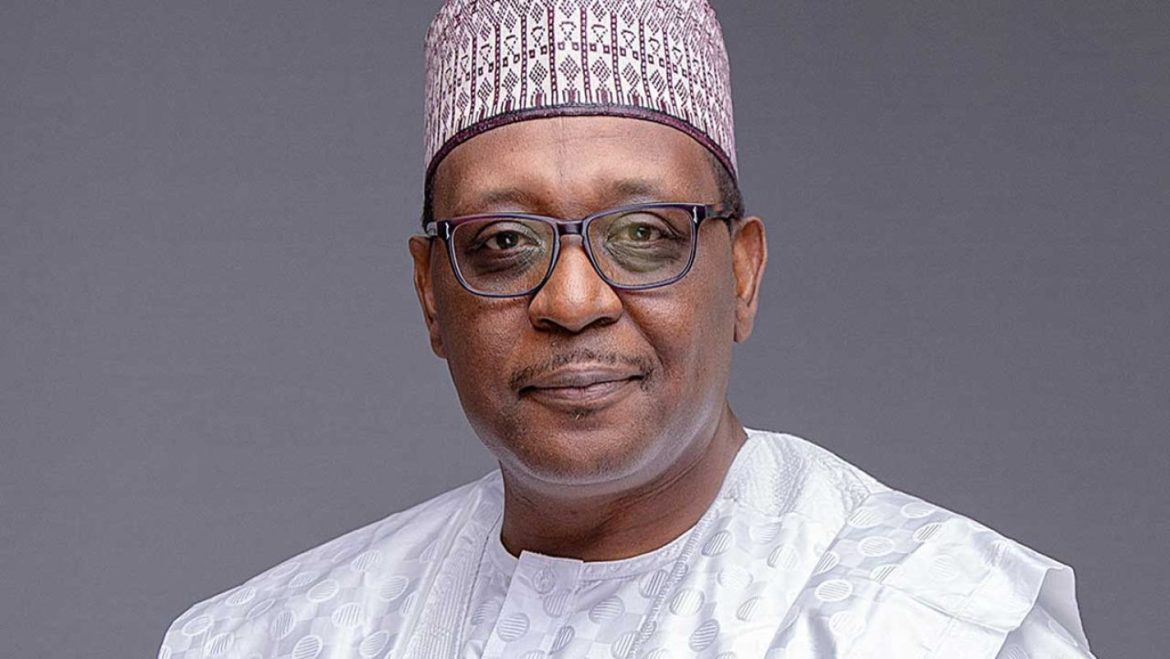By Asmau Ahmad
The Federal Government of Nigeria said it will establish a National Biomedical Engineering programme that will address the deficit in medical equipment maintenance.
The Coordinating Minister of Health and Social Welfare, Prof. Muhammad Ali Pate, said this at the weekend in Abuja after a tour of the National Hospital, Abuja (NHA).
He said that he recognises that some of the infrastructure in the hospital are more than 20 years old and challenged because of the volume of use, time and nature taking its course.
“Overtime things just get aged, you have many equipment that have been here over many years and are not functional, very important equipments.
“Same for cancer care, they are old and need replacement, some for radiology that are old and some are not functional or just out-dated. That’s a very clear issue and we need to find a way to solve that in a significant way,” he said.
He, however, said that the issue of equipment and maintenance is not peculiar to NHA alone, but he also saw similarities in the other tertiary hospitals he had visited.
“So, we will in the Federal Ministry of Health and Social Welfare establish a National Biomedical Engineering programme that will try to begin to address the deficit in equipment maintenance,” he said.
On the issue of power supply to the hospital, he said that his ministry would work with the Ministry of Power as well as the power holding companies to see what arrangements could be made to prioritise health facilities even if not entirely, but some parts of it.
According to him, efforts are on to assess the needs of all teaching hospitals so that they have solarisation as part of the solution due to the high cost of diesel.
He also commended the hospital’s management for ensuring that emergency patients are attended to regardless of payment for the first 24 hours.
“I am very glad to hear that you prioritise saving lives that when somebody comes to the emergency they get treated, regardless of anything for the first 24 hours.
“That is a very important principle to keep in mind so that we ensure that we put our patients and our people first in all that we do,” he said.
He assured that he would support the hospital in all its endeavours and also challenge it to deliver on its mandate.
The minister said that the ministry is very focused on improving the health and well-being of Nigerians and that the hospitals are major part of this.
“You (CMD) as a leader of the hospital, along with other leaders in our national hospitals will need to step up your games in terms of responding to patients’ presence, ensuring facilities are functional, the quality of services is tracked, that the patients’ experience the government in a very positive way,” he said.
Speaking about the reason for the visit to the hospital, he said that it was part of his assessment of national federal hospitals all over the country.
“We have been to several of them and today we are here at the National Hospital in Abuja because we want to reposition hospitals to provide quality services to all Nigerians with patients at the centre of what we do.
“Also, to assess the leadership of the hospital and its management to let them know that Nigerians deserve the highest quality services possible within the resources available,” said.
Earlier, the Chief Medical Director (CMD), Prof. Muhammad Mahmud, said that the hospital was created to be a quaternary hospital initially for children and then for women and children, but was eventually expanded to involve every facet of medicine and surgery.
He said that this had brought strain on the facilities and infrastructure of the hospital established about 24 years ago.
According to him, though the hospital was given attention and had funding, these dwindled over the years which have contributed to its present-day decadence.




